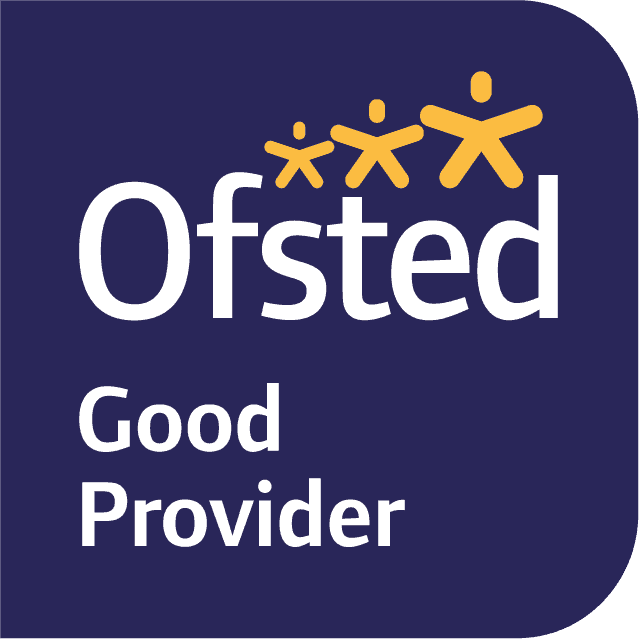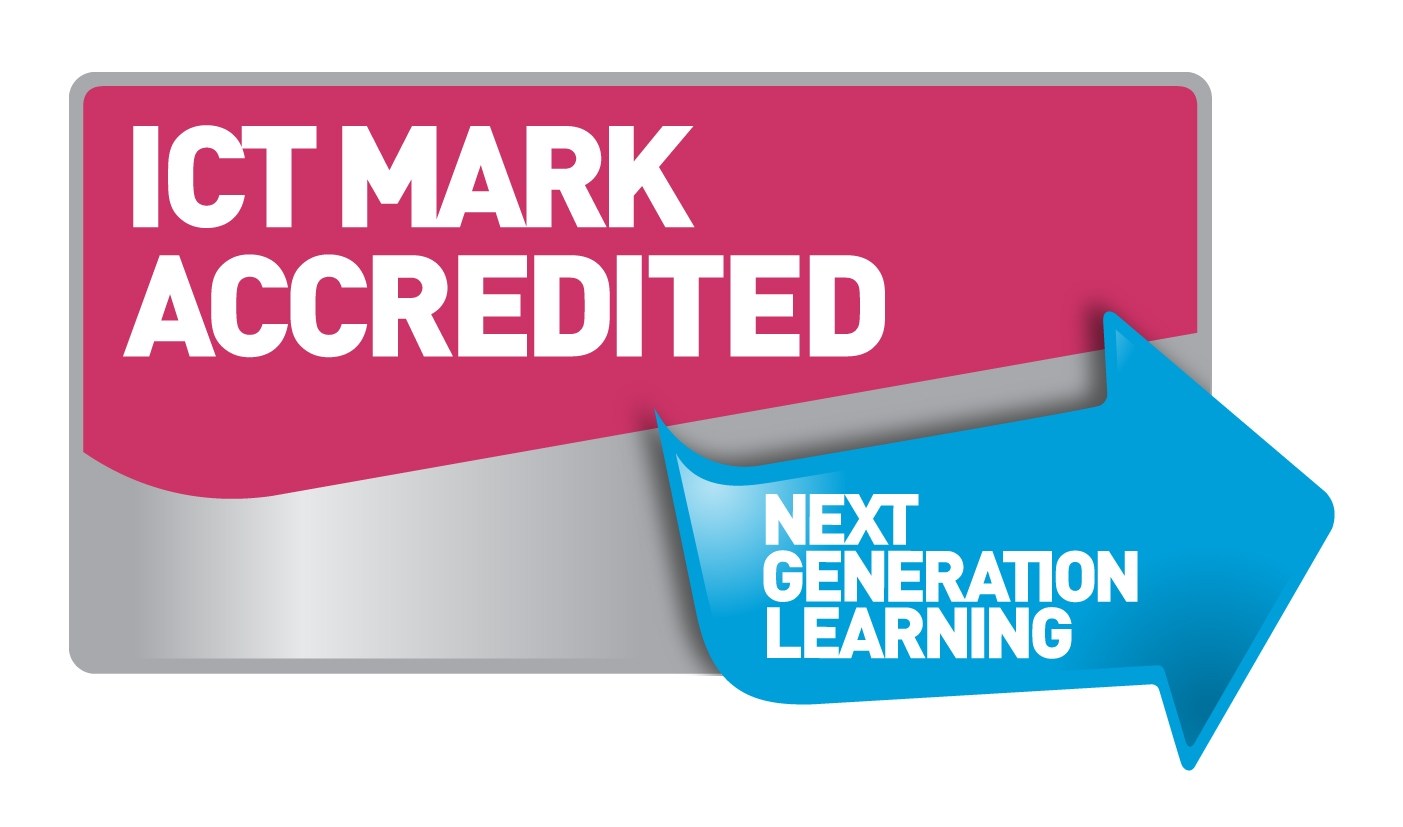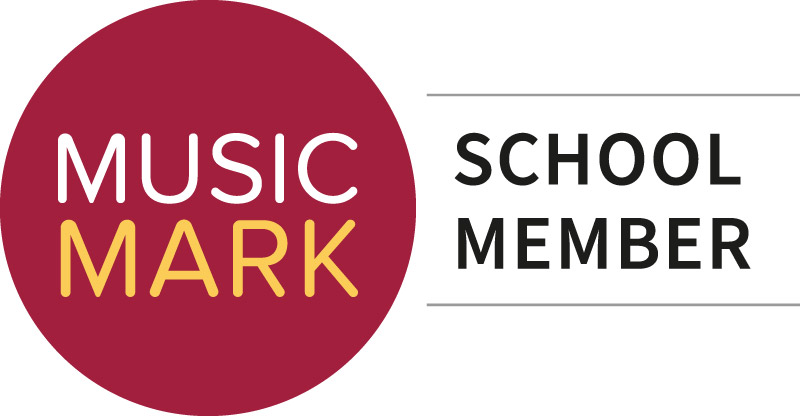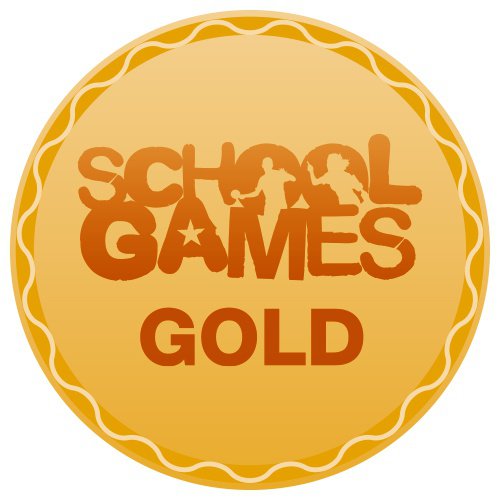Our Learning
The ‘Our Learning’ area of the website gives you an introduction to our wonderful and exciting DJS curriculum. You will find information about our aims and values through our curriculum policy, the opportunities we have planned to enhance our curriculum and the cultural capital we offer for our pupils, as well as guidance as to how our curriculum is structured through each year group.
We love to hear how all the whole family has become involved in the education of our pupils, from asking questions about what we have been learning to offering support on visits and trips. Please let us know if you can support on trips and visits or themed events at school, particularly if you have expertise on the topics and would like to come in and share. We have an open door policy and would love to hear from you!




